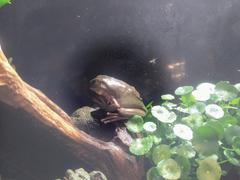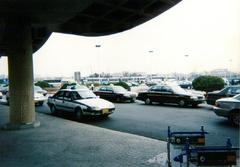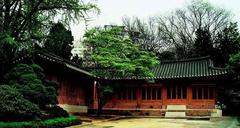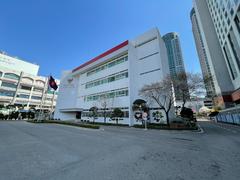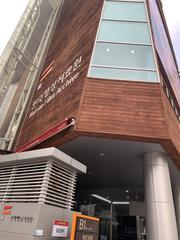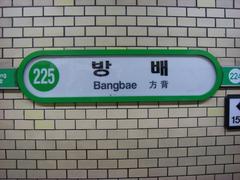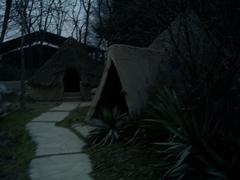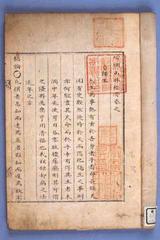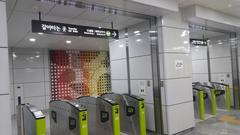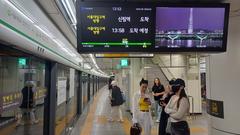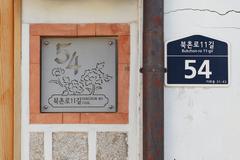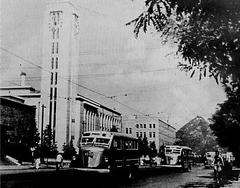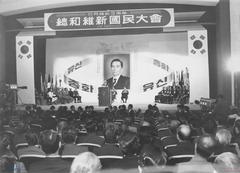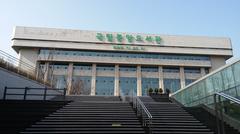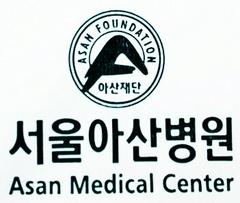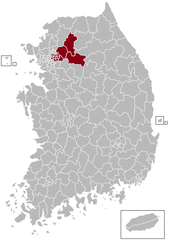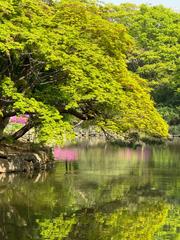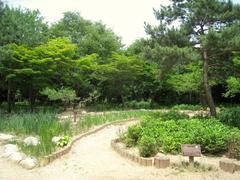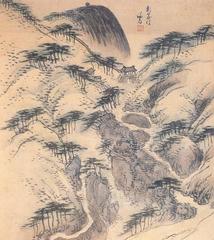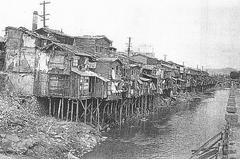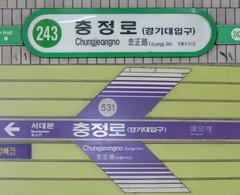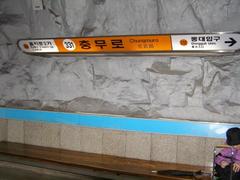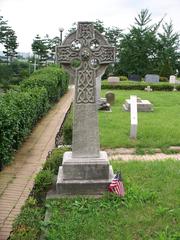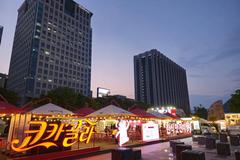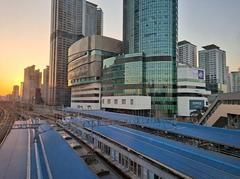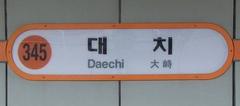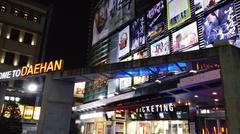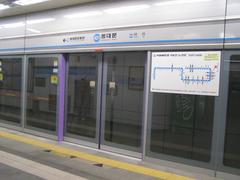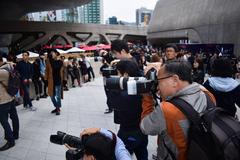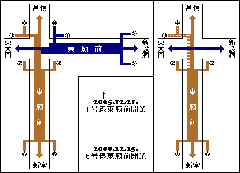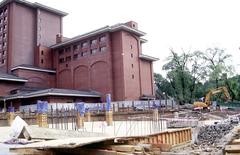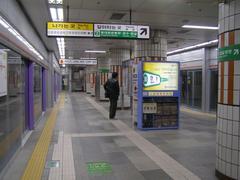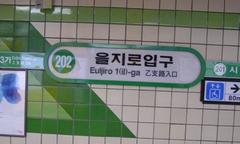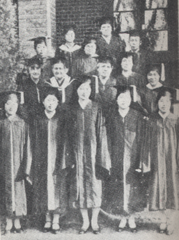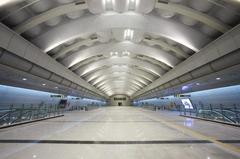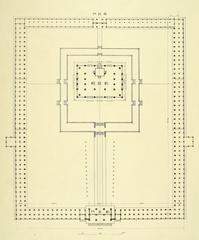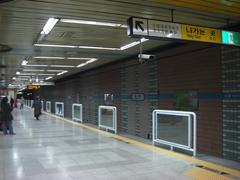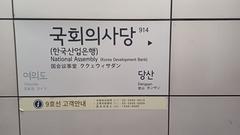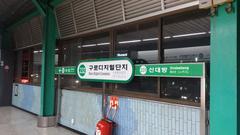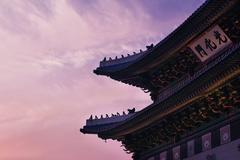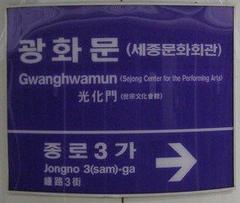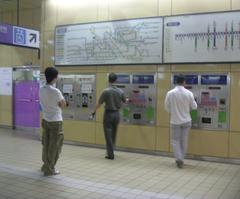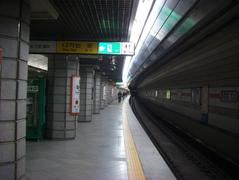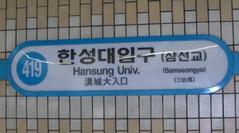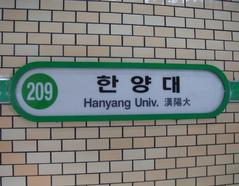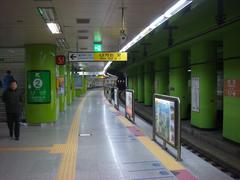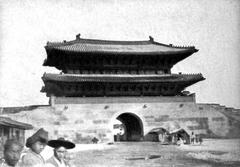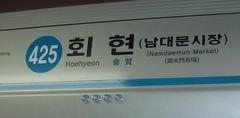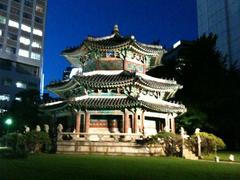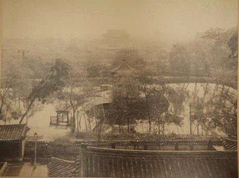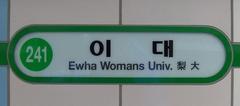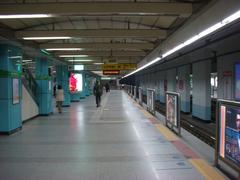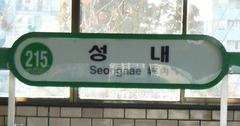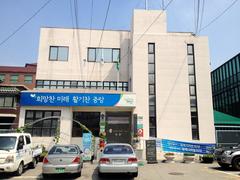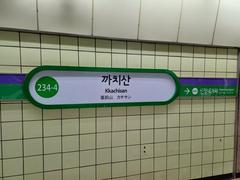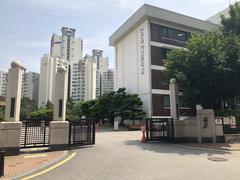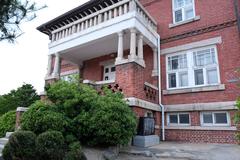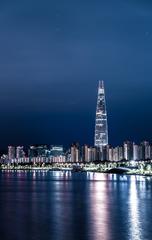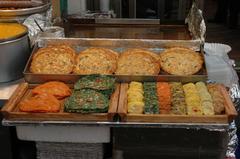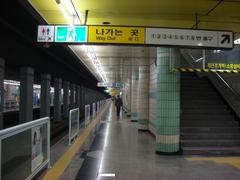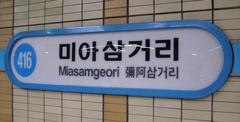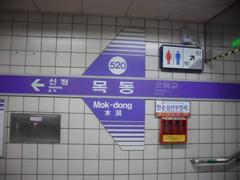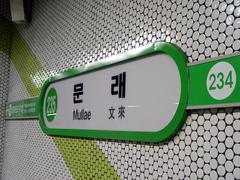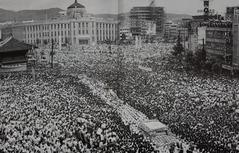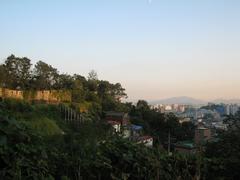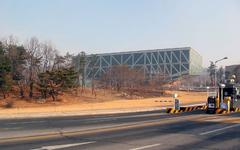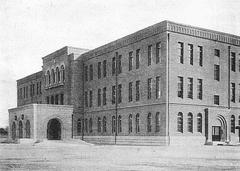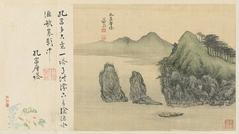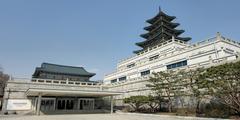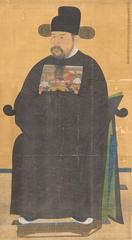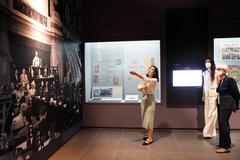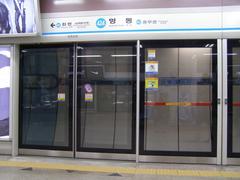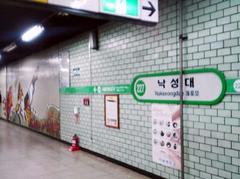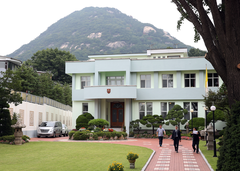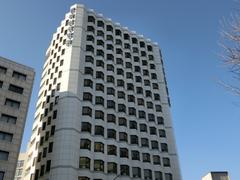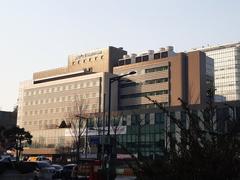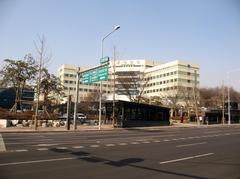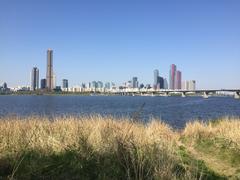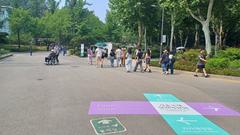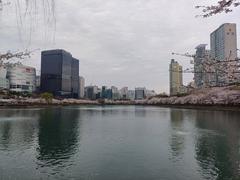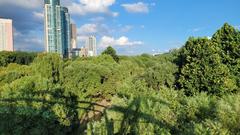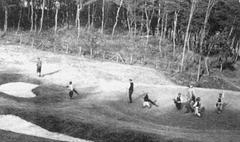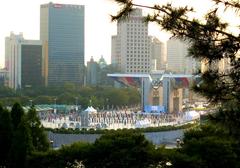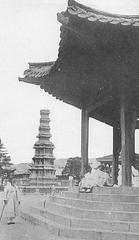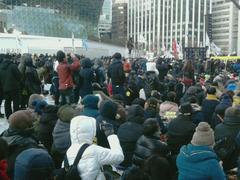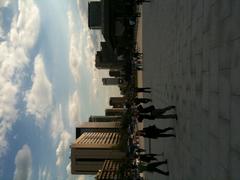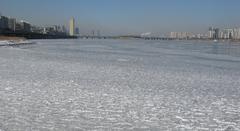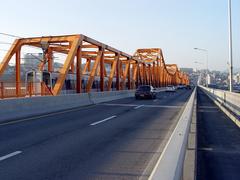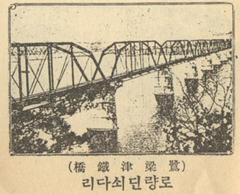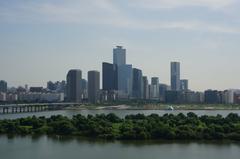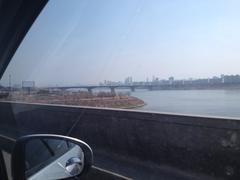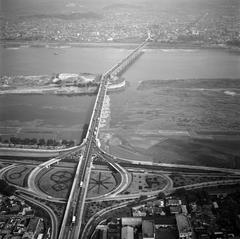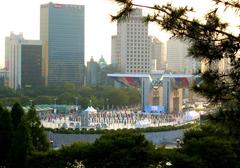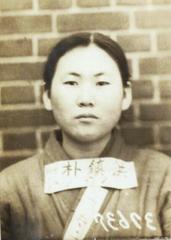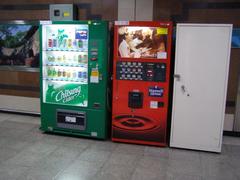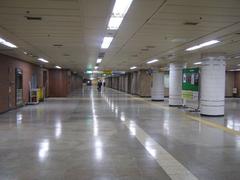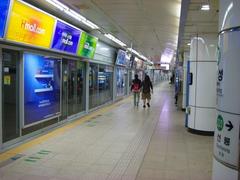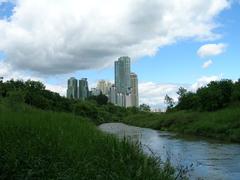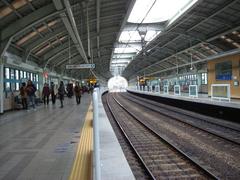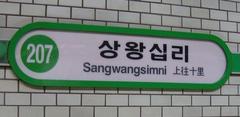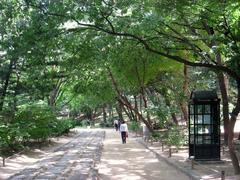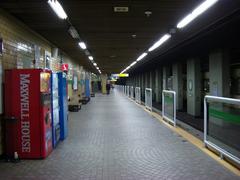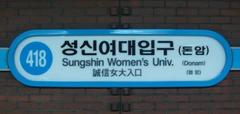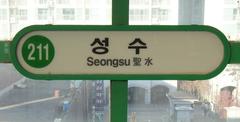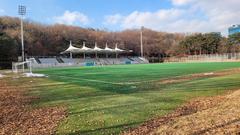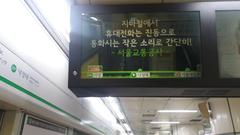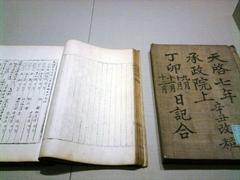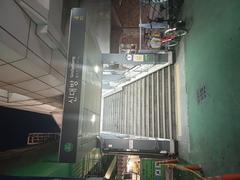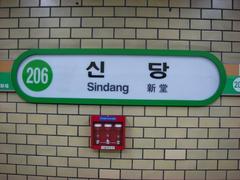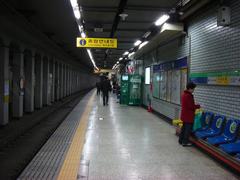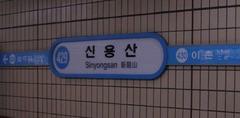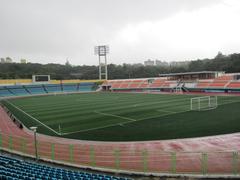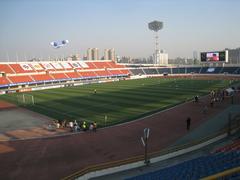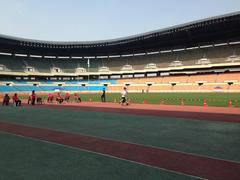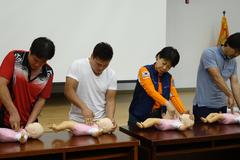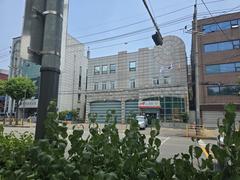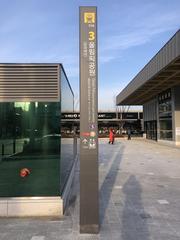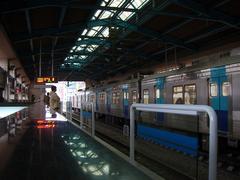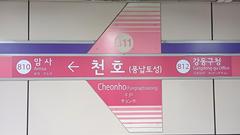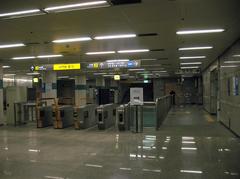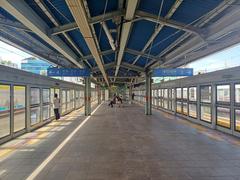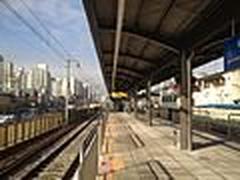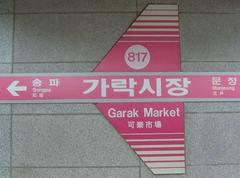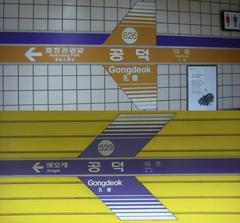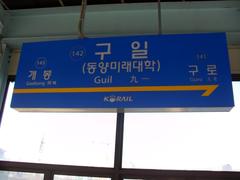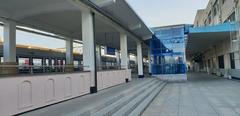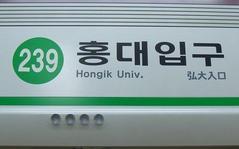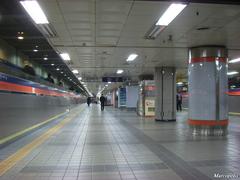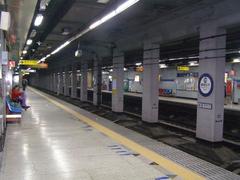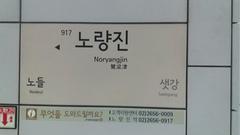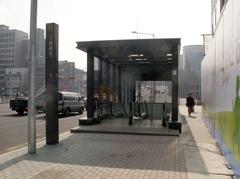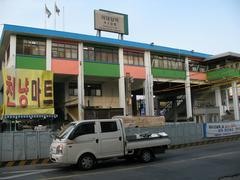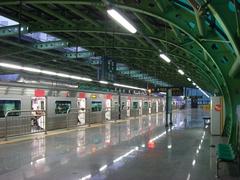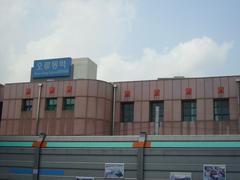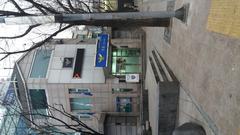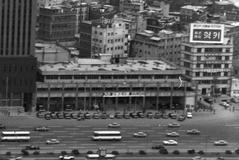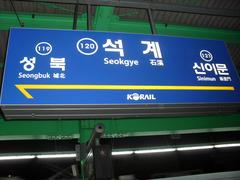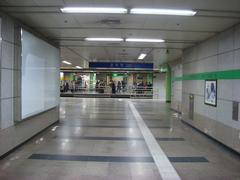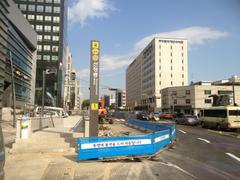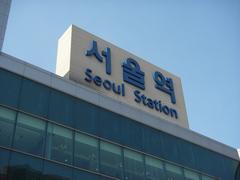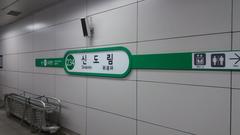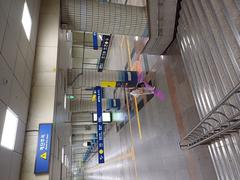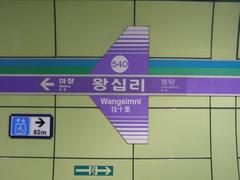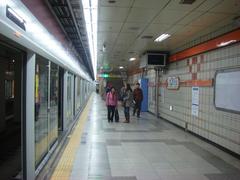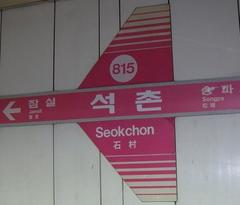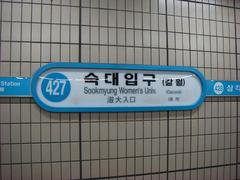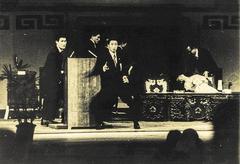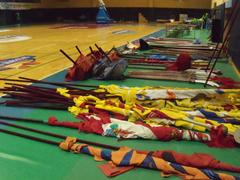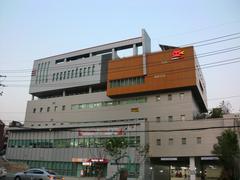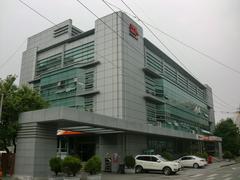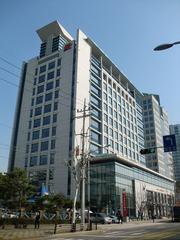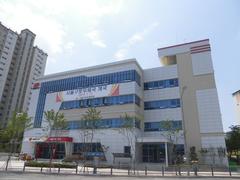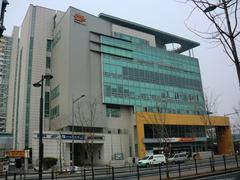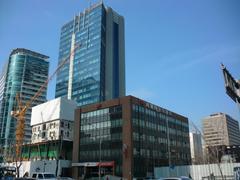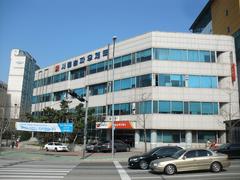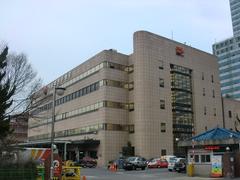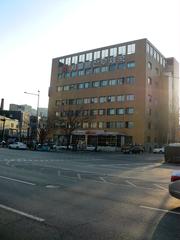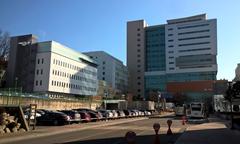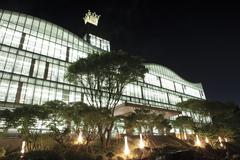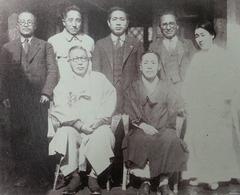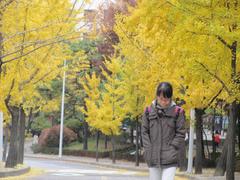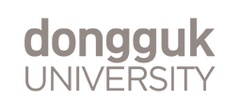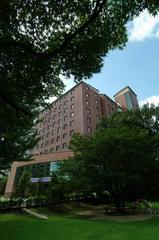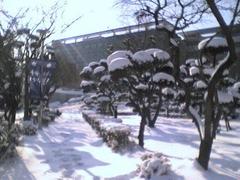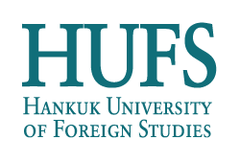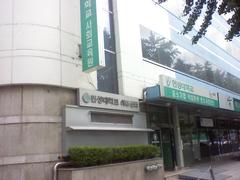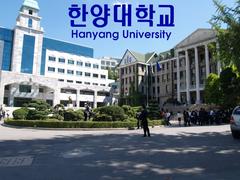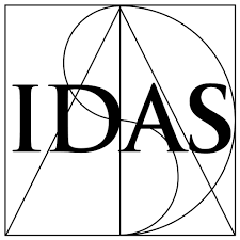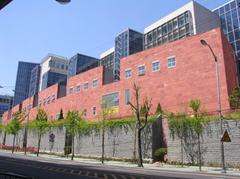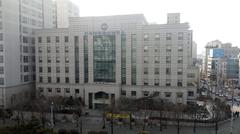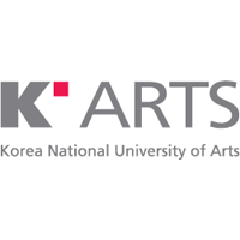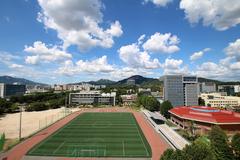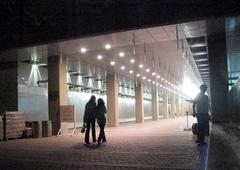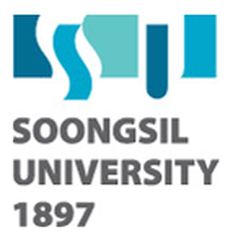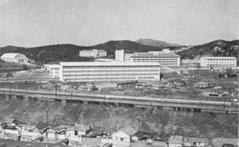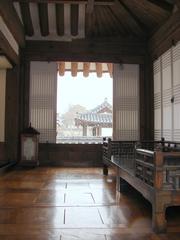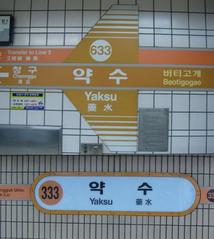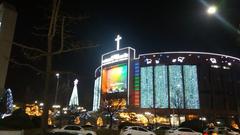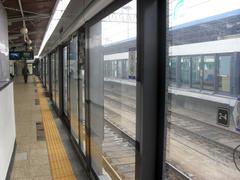Comprehensive Guide to Visiting 백운동계곡, Seoul, South Korea
Date: 24/07/2024
Introduction
Located in the tranquil surroundings of Sancheong County, 백운동계곡 (Baegundonggyegok Valley) is a hidden gem in South Korea that offers a unique blend of natural beauty, historical significance, and cultural richness. This picturesque valley is renowned for its pristine landscape featuring waterfalls, azaleas, and clear streams, providing a refreshing escape from the hustle and bustle of city life in Seoul. Historically, the valley served as a retreat for scholars and officials during the Joseon Dynasty (1392-1897) and holds deep cultural significance associated with the renowned Confucian scholar Nammyung Jo Sik. Visitors can explore well-preserved historical landmarks, enjoy a variety of outdoor activities, and immerse themselves in the rich cultural heritage of the area. This comprehensive guide covers essential aspects such as historical background, cultural and environmental significance, visiting hours, ticket prices, travel tips, and preservation efforts, ensuring an enriching and memorable visit to 백운동계곡. To plan your visit and learn more, check out the official tourism website.
Table of Contents
- Introduction
- Historical Background
- Cultural Significance
- Natural Beauty and Environmental Significance
- Visitor Tips and Recommendations
- Nearby Attractions and Accessibility
- Preservation Efforts
- Conclusion
- FAQs
Historical Background
백운동계곡, located in Sancheong County, South Korea, is rich in historical and cultural significance. The valley is famous for its natural beauty and historical landmarks, which have been preserved over centuries. Its history is closely tied to the Joseon Dynasty, a period from 1392 to 1897. During this era, the valley served as a retreat for scholars and officials who sought inspiration from its serene environment.
The valley is also linked to the renowned Confucian scholar Nammyung Jo Sik, who lived during the Joseon Dynasty. Nammyung Jo Sik was a prominent figure in Korean history, recognized for his contributions to Confucianism and his role in the intellectual and cultural development of that time. His presence in the valley has created a lasting legacy, turning 백운동계곡 into a site of pilgrimage for those interested in Korean history and philosophy.
Cultural Significance
백운동계곡 is not just a natural wonder; it is also a cultural treasure. The valley is home to several historical sites and inscriptions that reflect Korea’s rich cultural heritage. One notable feature is the “Jeomjeong Rock,” a significant stone inscribed with messages dating back to the Joseon Dynasty. These inscriptions provide valuable insights into the thoughts and beliefs of the people of that era.
The valley is famous for its waterfalls, such as the Baeunpokpo and Odampokpo Waterfalls, celebrated in Korean literature and art as symbols of purity and tranquility. The Deungcheondae area, where the letters “Yeongnamjeilcheonsok” are carved, is another important site. This inscription, meaning “the best stone in Yeongnam,” highlights the valley’s cultural importance.
Natural Beauty and Environmental Significance
백운동계곡 is renowned for its pristine natural surroundings. The valley stretches for almost 6 kilometers, with water flowing over rocks, creating more than twenty large and small waterfalls and lakes. The area is adorned with azaleas during spring, adding to its picturesque landscape. The valley’s clean, well-maintained environment attracts numerous tourists, especially in summer when the cool waters provide a refreshing escape from the heat.
The unique geological features, such as large stones washed by sunlight and strong water currents, make it an intriguing destination for nature lovers. Preserving the natural environment is a priority to ensure the valley remains a haven for wildlife and a place of tranquility for visitors.
Visitor Tips and Recommendations
For those planning to visit 백운동계곡, here are several tips to make your experience memorable:
-
Best Time to Visit - The valley is beautiful year-round, but the best times are spring and summer. In spring, the azaleas bloom, creating stunning scenery. In summer, the cool waters offer a refreshing retreat.
-
Visiting Hours and Tickets - The valley is open from 9 AM to 6 PM daily, with no entrance fee, making it an affordable destination for everyone.
-
Access and Transportation - Located in Sancheong County, the valley can be reached by car or public transport. Buses run from Seoul to Sancheong, with local buses or taxis available to take you to the valley. Be sure to check road conditions, as some parts may be narrow and challenging to navigate.
-
Accommodation - Various options are available nearby, from traditional Korean guesthouses (hanok) to modern hotels. Staying in a hanok provides a unique cultural experience, immersing visitors in local traditions and lifestyle.
-
Activities - The valley offers a range of activities. Hiking and trekking trails lead to different parts of the valley, while the waterfalls and lakes are perfect for picnics and relaxation. History enthusiasts can explore inscriptions and historical sites.
-
Local Cuisine - Don’t miss trying the local dishes, emphasizing fresh ingredients. One popular option is “흑돼지소라찜” (black pork and conch stew), available at local restaurants.
Nearby Attractions and Accessibility
While visiting 백운동계곡, tourists can also explore nearby attractions like Jirisan National Park, one of South Korea’s renowned national parks, known for its hiking trails and stunning views. The valley’s accessibility and proximity to other attractions make it an excellent stop for a multi-day trip.
Preservation Efforts
Preservation of 백운동계곡 is a partnership between local authorities and environmental organizations. The valley’s clean environment reflects these efforts, with regular cleanup initiatives and awareness programs to ensure it remains a pristine natural habitat.
The local community is deeply involved in these preservation efforts, promoting sustainable tourism practices and maintaining cleanliness. This community-driven approach is essential to conserving the valley’s natural beauty and cultural heritage.
Conclusion
백운동계곡 is a destination that offers a distinctive blend of natural beauty, historical significance, and cultural richness. Its serene environment, together with historical landmarks and inscriptions, makes it a must-visit for anyone seeking to explore South Korea’s rich heritage. By following visitor tips and respecting preservation efforts, tourists can ensure a memorable and fulfilling experience in this beautiful valley.
For more information on 백운동계곡, visit the official tourism website to plan your trip.
FAQs
Q: What are the visiting hours for 백운동계곡?
A: The valley is open from 9 AM to 6 PM daily.
Q: Is there an entrance fee for 백운동계곡?
A: No, there is no entrance fee to visit the valley.
Q: When is the best time to visit 백운동계곡?
A: The best times to visit are during spring and summer. Spring features blooming azaleas, while summer offers cool waters for a refreshing retreat.
Q: How can I get to 백운동계곡 from Seoul?
A: Visitors can take a bus from Seoul to Sancheong, then a local bus or taxi to the valley.
Q: Are there accommodation options near 백운동계곡?
A: Yes, several options are available, from traditional Korean guesthouses (hanok) to modern hotels.
Call to Action
For more updates and information, download our mobile app Audiala, check out other related posts, or follow us on social media. Enjoy your visit to 백운동계곡!
